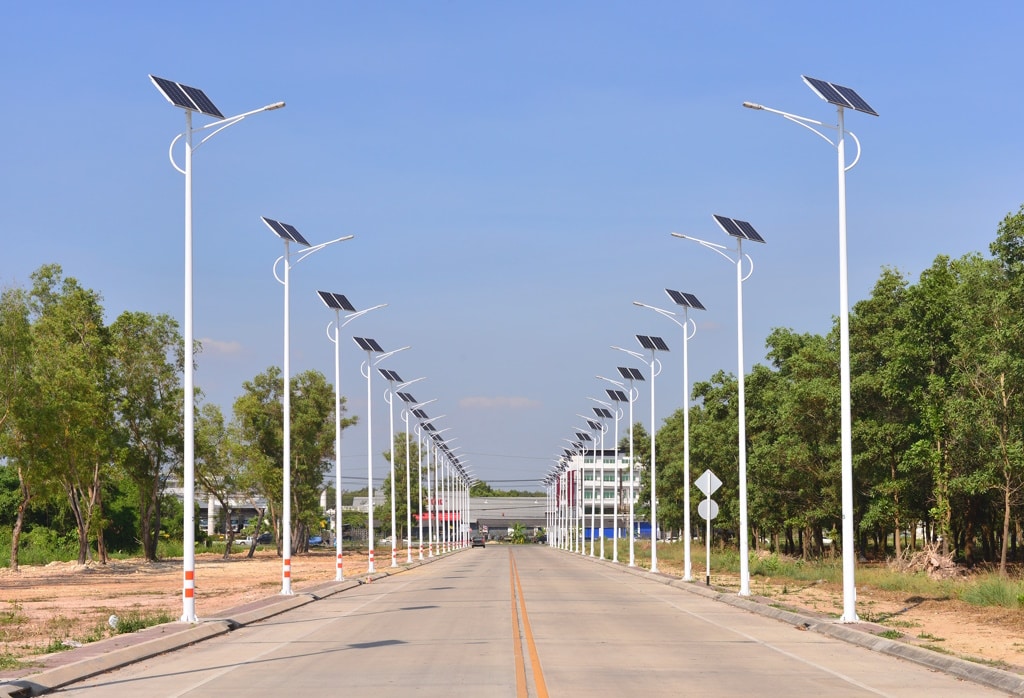In Mauritania, street lighting in the city of Nouakchott goes green. This is thanks to 500 solar-powered streetlights recently installed in several districts of the capital, notably Toujounine. The initiative was co-financed by the Covenant of Mayors for Sub-Saharan Africa (CoM SSA) which supports sustainable development in the Mauritanian capital.
These kits, spread over 17 kilometres of access roads, will make night-time travel safer and “potentially prevent thefts and assaults”, according to the local authorities. In the absence of effective street lighting, some shopkeepers and restaurateurs are forced to close their establishments before nightfall.
Through this initiative, supported by the European Union (EU) and the Spanish Agency for International Development Cooperation (AECID), the Mauritanian capital is demonstrating its efforts to reduce energy consumption.
Read also-
The 500 streetlights powered by photovoltaic solar energy should not only enable local authorities to save up to 30% on their electricity bills for public lighting, but also reduce the region’s carbon footprint. This is a global concern. In France, for example, authorities have often raised the issue of artificial lighting, which emits 670,000 tonnes of CO2 equivalent per year.
Benoit-Ivan Wansi
